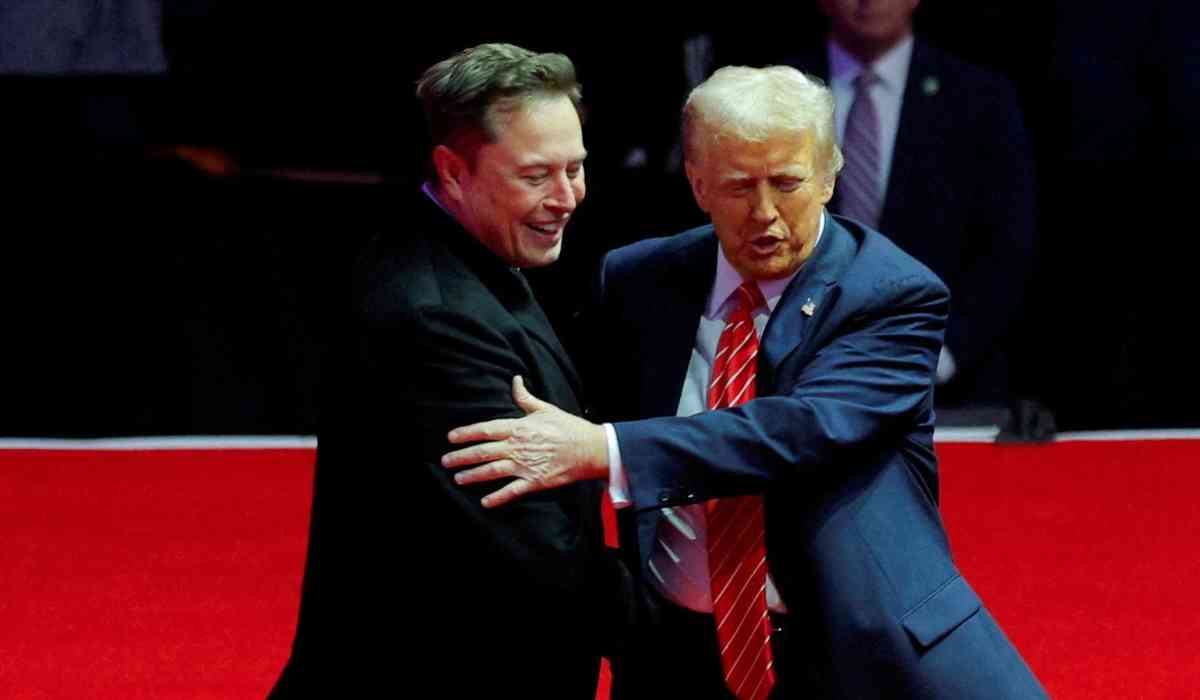In a dramatic turn of events, tech mogul Elon Musk and U.S. President Donald Trump have gone from political allies to adversaries in a very public and escalating feud. Once considered close collaborators—Musk even held an advisory role in the White House—their fallout has unfolded across national headlines and social media platforms. At the heart of the conflict is a controversial spending bill, escalating personal accusations, and threats of political retaliation.
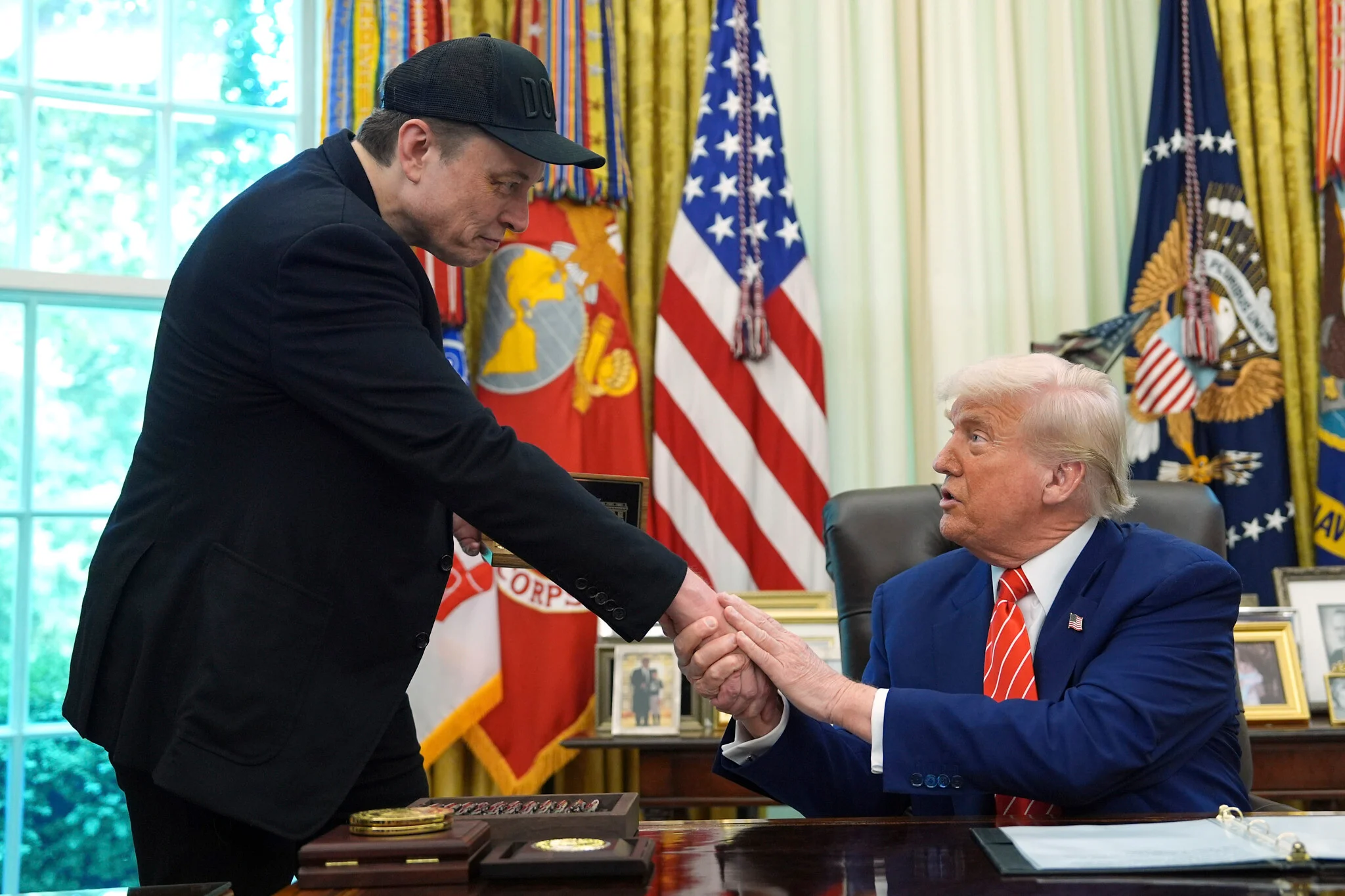
The Fallout Begins: Musk Slams Trump's 'Big, Beautiful Bill'
The rift began with Elon Musk’s vocal disapproval of Trump’s new federal spending legislation, dubbed the "Big, Beautiful Bill." The bill, seen as central to Trump’s domestic agenda during his second term, aimed to boost government spending significantly. Musk, who was serving as the head of the Department of Government Efficiency (DOGE)—a role designed to streamline government expenditures—resigned in protest.
In an interview with CBS News, Musk said:
“I was disappointed to see the massive spending bill, frankly, which increases the budget deficit and undermines the work that the DOGE team is doing. I think a bill can be big or it can be beautiful, but I don’t know if it can be both.”
Shortly after his resignation, Musk took to his platform, X (formerly Twitter), urging citizens to pressure lawmakers to "kill the bill", which he labelled a "disgusting abomination." He also publicly shamed Republicans who supported it:
“Shame on those who voted for it: you know you did wrong. You know it.”
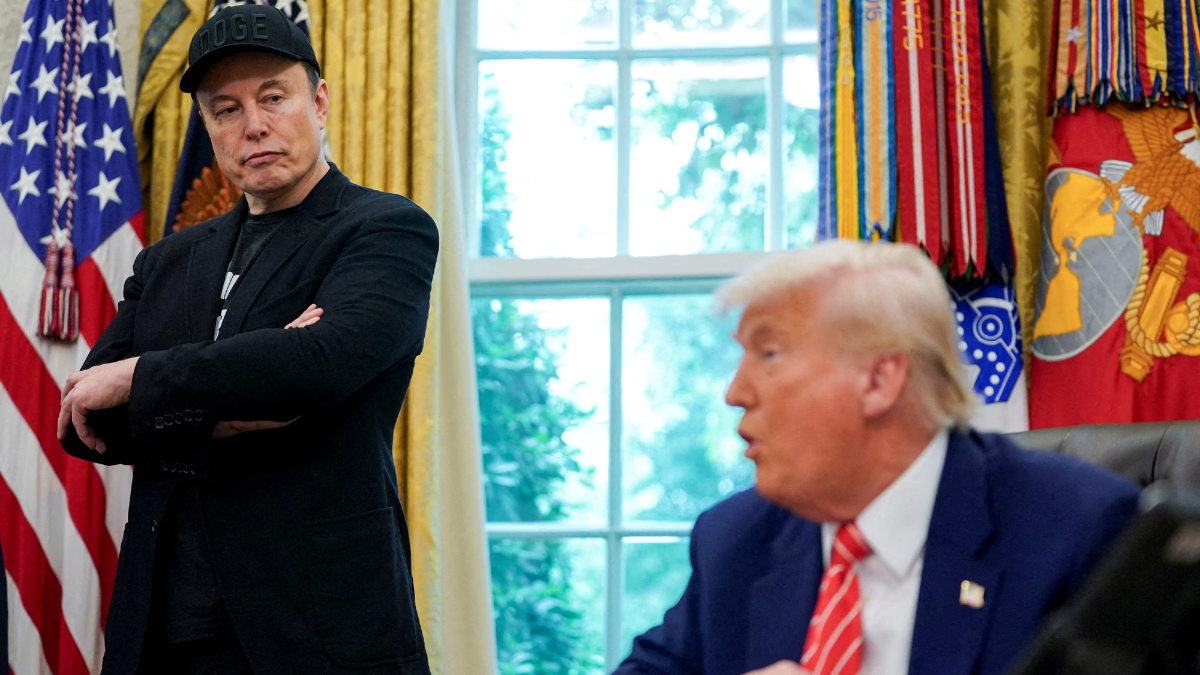
A War of Words: Trump and Musk Exchange Blows
Trump did not take kindly to Musk’s criticism. In interviews and posts on Truth Social, Trump threatened "serious consequences" for Musk’s dissent and suggested the possibility of canceling lucrative government contracts awarded to Musk's companies like Tesla and SpaceX.
“He’ll have to pay very serious consequences if he does that,” Trump warned when asked about Musk’s plan to fund primary challengers against GOP lawmakers.
At a White House press briefing, Trump added:
“Elon and I had a great relationship. I don’t know if we will anymore.”
In retaliation, Musk posted:
“Without me, Trump would have lost the election, Dems would control the House and the Republicans would be 51-49 in the Senate… Such ingratitude.”
He also floated the idea of launching a new political party that "actually represents the 80% in the middle."
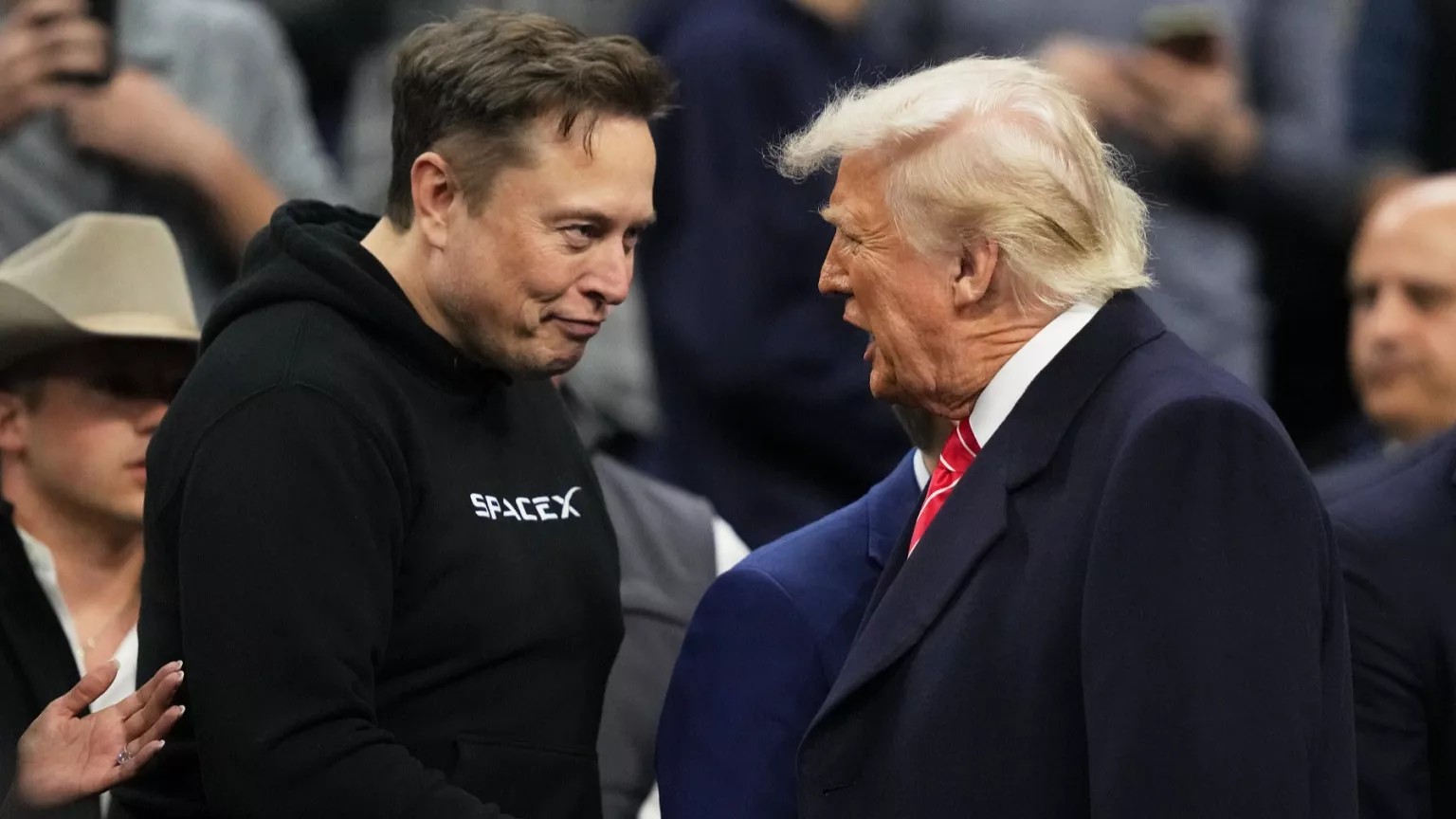
Musk’s Epstein Accusations: A “Big Bomb” That Backfired
The dispute took a darker turn when Musk made explosive allegations linking Trump to Jeffrey Epstein, the late financier who died in jail while awaiting trial on sex trafficking charges. On X, Musk posted:
“Time to drop the really big bomb: Donald Trump is in the Epstein files. That is the real reason they have not been made public. Have a nice day, DJT!”
He claimed that Trump’s name appeared in yet-to-be-released government documents and suggested deliberate suppression. Musk added:
“Mark this post for the future. The truth will come out.”
However, the tech CEO offered no concrete evidence and deleted the posts within a day, raising eyebrows and speculations about whether legal pressure or second thoughts prompted the takedown.
Trump swiftly dismissed the allegations:
“Even Epstein’s lawyer said I had nothing to do with it,” he told NBC News.
He acknowledged knowing Epstein socially but denied any illegal activity or travel to Epstein's infamous private island. Publicly released documents do not implicate Trump in wrongdoing.
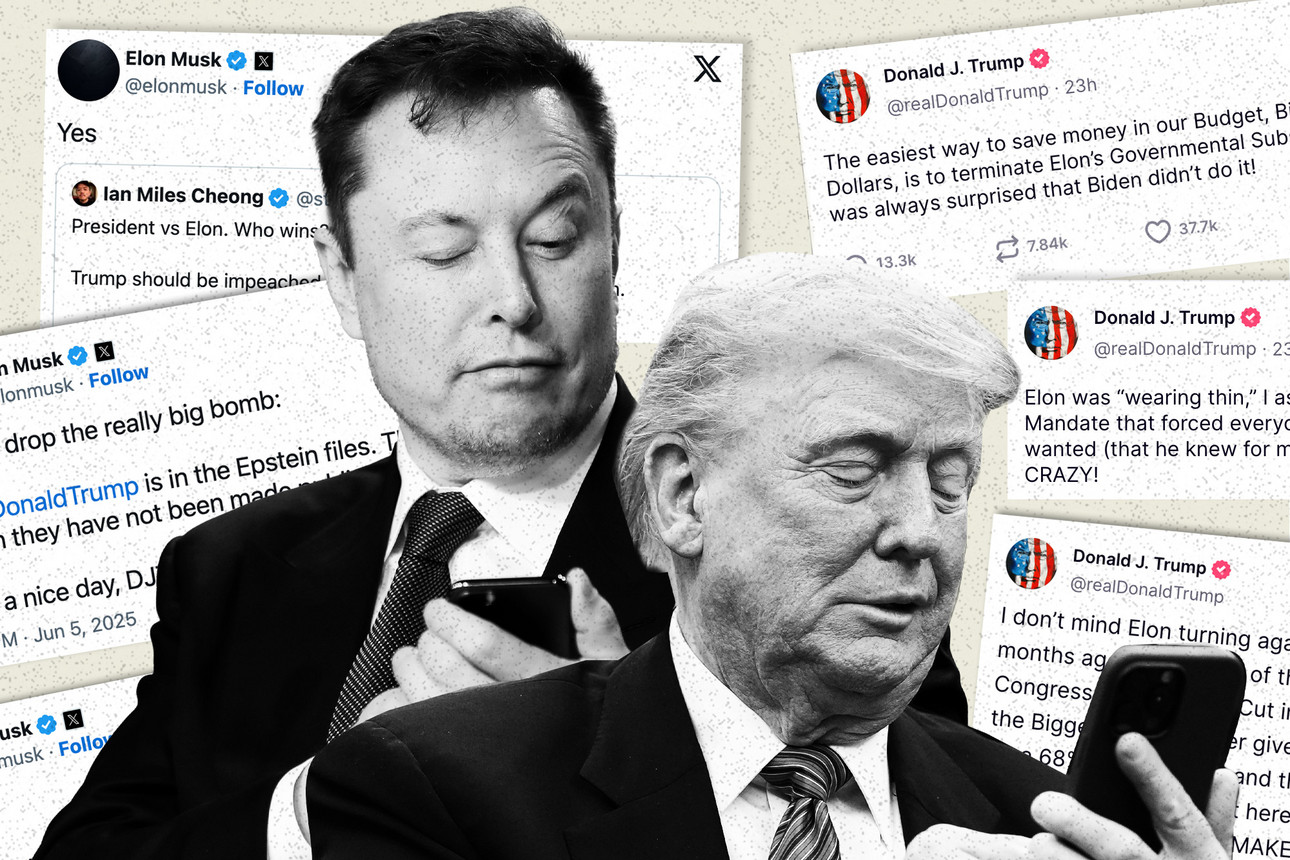
Escalation and Retaliation: Contracts and Threats
Trump's pushback extended beyond words. On Truth Social, he proposed slashing billions in federal support to Musk-linked ventures:
“The easiest way to save money in our Budget… is to terminate Elon’s Governmental Subsidies and Contracts.”
In response, Musk said SpaceX would begin decommissioning its Dragon spacecraft, indicating a willingness to walk away from federal partnerships:
“In light of the President’s statement about cancellation of my government contracts, @SpaceX will begin decommissioning its Dragon spacecraft immediately.”
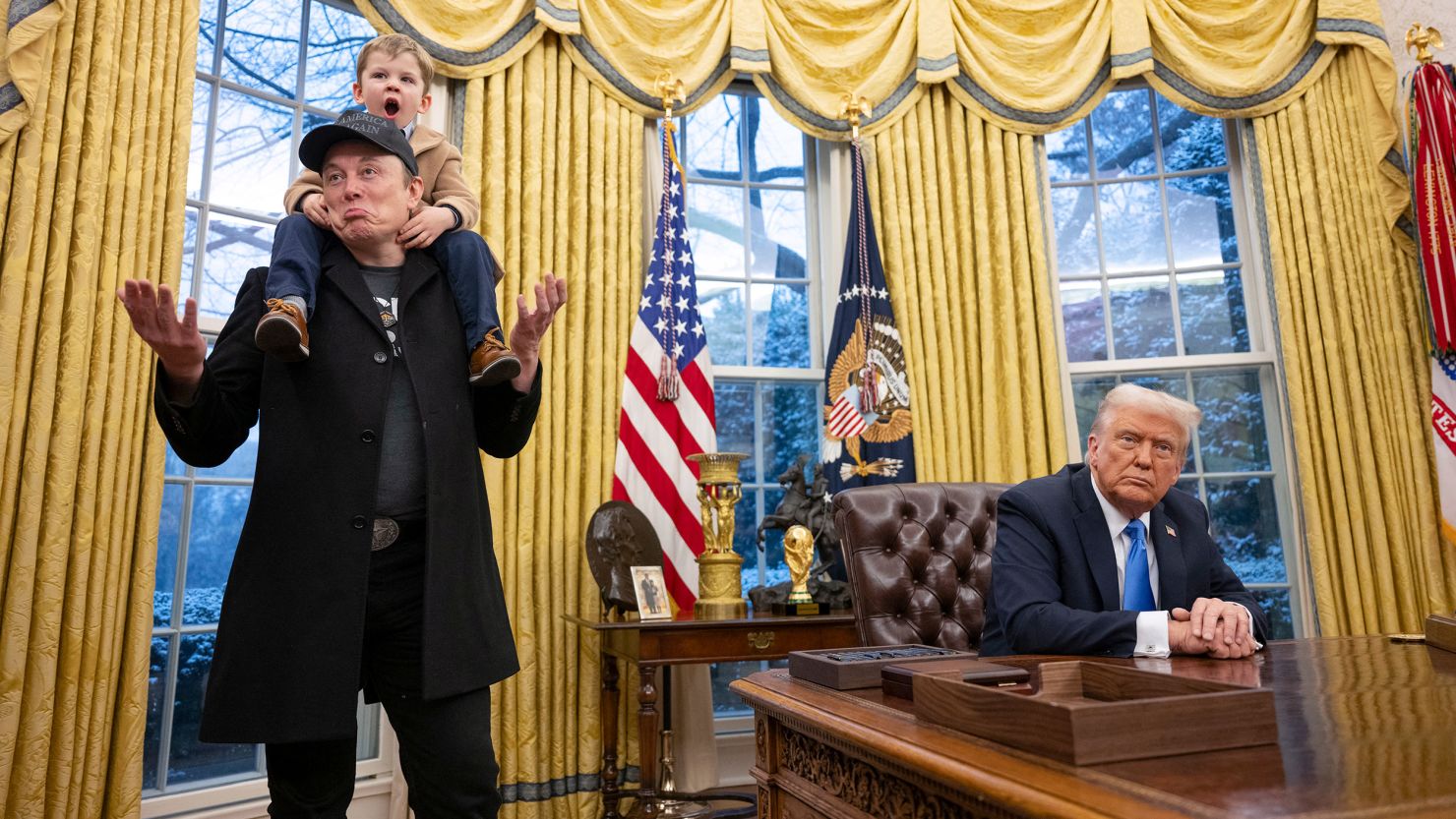
Musk Walks It Back: A Regretful Retrospective
By June 11, the situation had reached a boiling point—and Musk appeared to extend an olive branch. In a post on X, he expressed public regret over his recent actions:
“I regret some of my posts about President @realDonaldTrump last week. They went too far.”
This marked a significant softening in tone from Musk, who only days earlier had supported calls for Trump’s impeachment and launched a multi-day social media offensive.
Still, analysts note that the regret post did not include an apology, nor did it retract any specific claim—particularly the Epstein accusation. It appears more like a tactical move to de-escalate tensions, especially as financial and legal implications for both parties loom.
I regret some of my posts about President @realDonaldTrump last week. They went too far.— Elon Musk (@elonmusk) June 11, 2025
Political, Financial & Personal Stakes
The Trump-Musk feud is not just a media spectacle—it has real-world implications:
-
Political Fallout: With Musk suggesting third-party ambitions and Trump threatening retribution, the rift could split conservative support bases and reshape future election dynamics.
-
Financial Impact: Government contracts with Tesla and SpaceX are worth billions. Their cancellation could impact U.S. innovation as well as Musk’s corporate empires.
-
Personal Branding: Both Musk and Trump are known for their strong personalities and massive influence on social media. This dispute puts their reputations and alliances to the test.
Final Thoughts
The dramatic falling out between Elon Musk and Donald Trump is a compelling example of how fast political alliances can unravel in today’s hyper-connected world. What began as a policy disagreement rapidly morphed into personal attacks, conspiracy-laden accusations, and public regrets. Whether this feud is truly over—or just entering a new chapter—remains to be seen.
With inputs from agencies
Image Source: Multiple agencies
© Copyright 2025. All Rights Reserved Powered by Vygr Media.

